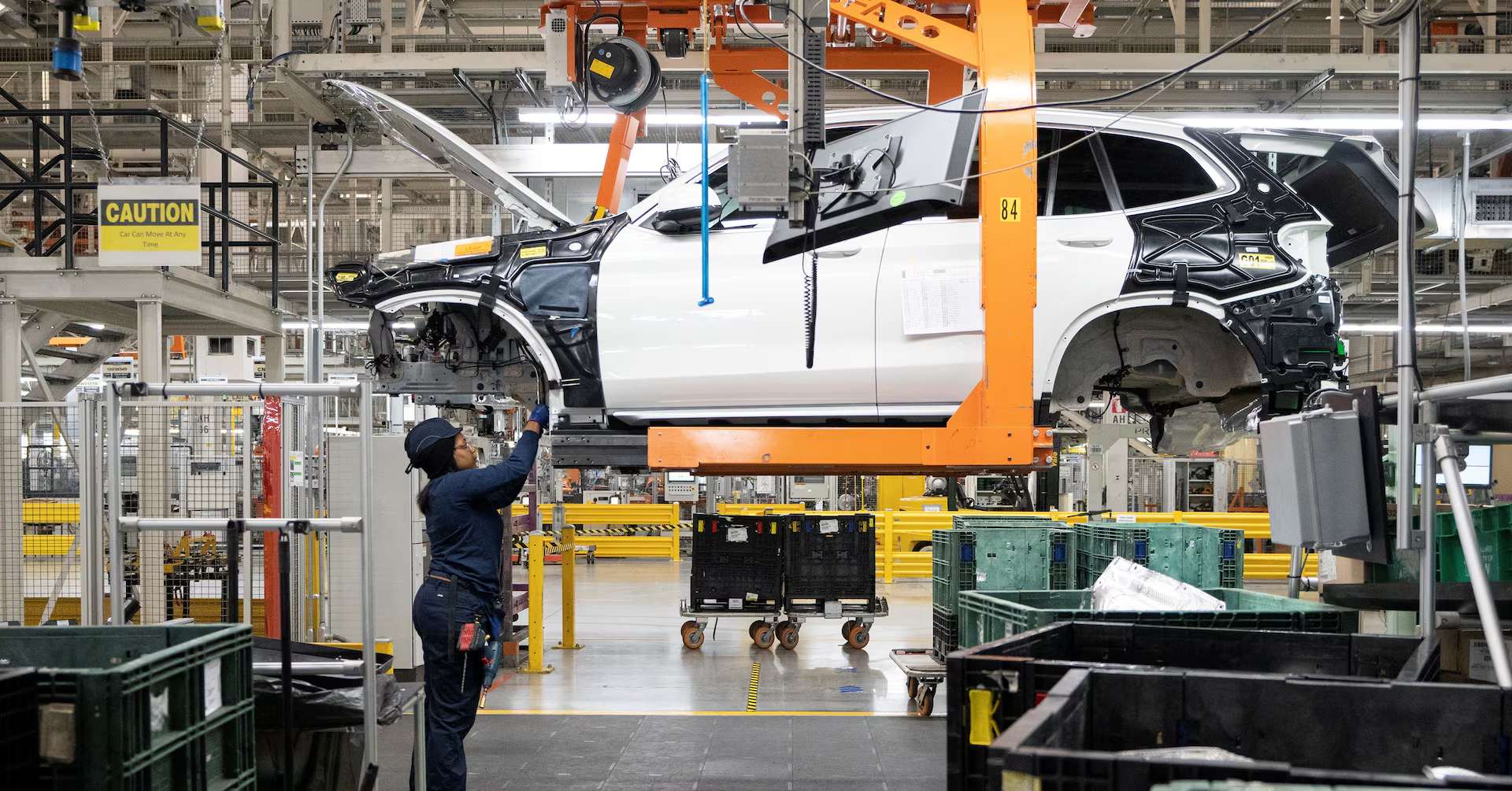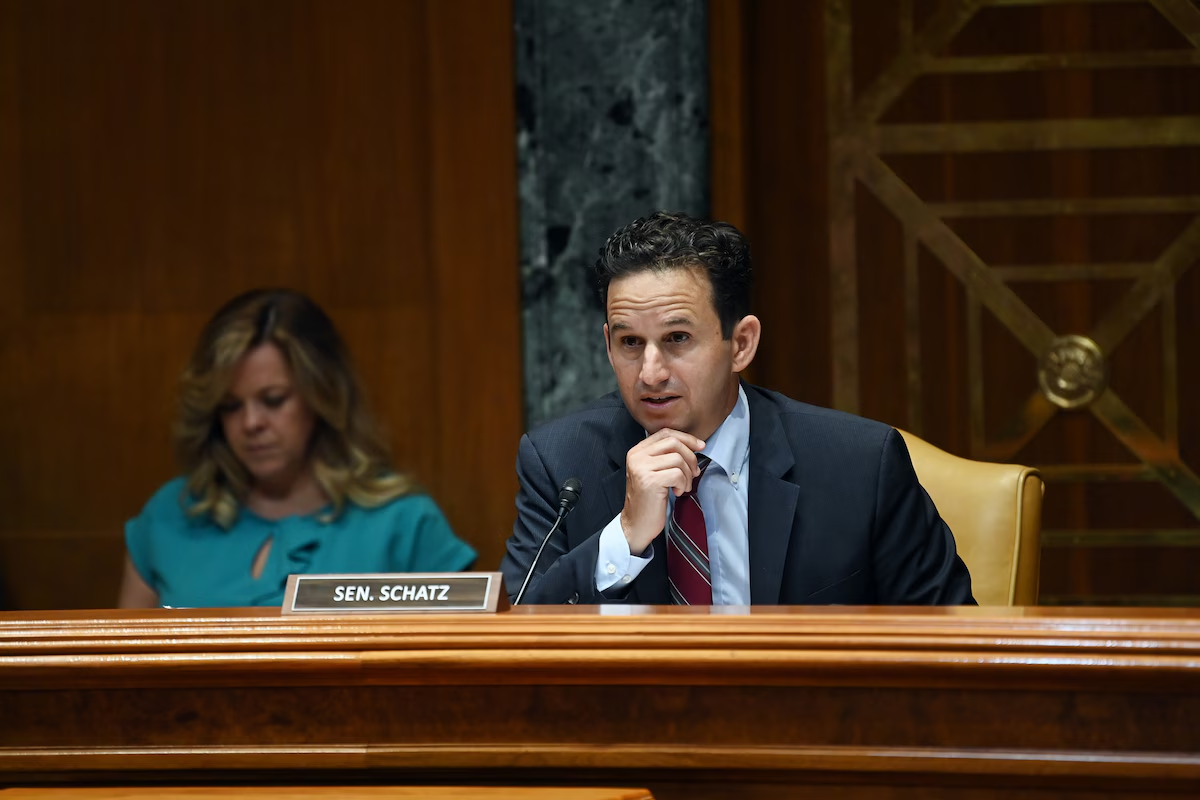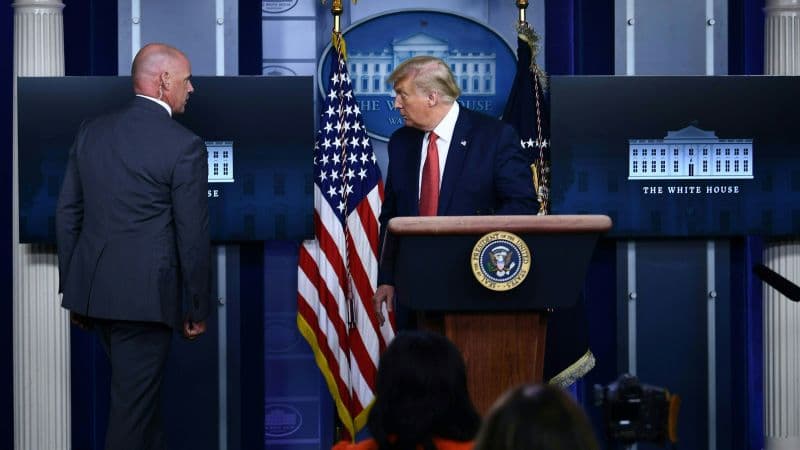Gutting the Green Revolution
Donald Trump"s latest policy shift is a direct assault on America"s climate future. His administration has passed the so-called "Big, Beautiful Bill," which dismantles critical provisions of the Inflation Reduction Act (IRA). This includes eliminating tax credits for electric vehicle (EV) purchases and slashing funds for renewable energy initiatives. These changes are set to end tax credits that helped facilitate a record 1.3 million EV sales in 2024, threatening to derail the momentum the industry had built.
Manufacturing Jobs at Risk
The implications of this legislative maneuver are staggering. According to a report by the New York Times, more than $14 billion in clean energy projects have been canceled due to policy uncertainty. This includes the halting of several battery plants that were set to create tens of thousands of manufacturing jobs. The U.S. now ranks a dismal fourth in global battery production, a position that could worsen under Trump"s anti-EV policies.

BMW invests $1.7 bln to build electric vehicles in U.S. | Reuters
Dependence on China Threatens National Security
America"s reliance on foreign sources for critical battery components is a national security risk. The Financial Times reports that 70% of rare earth compounds and metals needed for battery production are sourced from China. By dismantling our domestic battery manufacturing capabilities, Trump is not just jeopardizing jobs; he"s also ensuring that the U.S. remains dependent on a geopolitical rival for technology crucial to our energy future.
Environmental Consequences of Ignoring EVs
The environmental impacts of Trump"s policies cannot be overstated. With fewer EVs on the road, greenhouse gas emissions will inevitably rise. A study from MIT highlights that a lack of accessible charging infrastructure, exacerbated by the loss of federal support, will hinder EV adoption. As the world transitions to cleaner technologies, the U.S. risks falling behind, both economically and environmentally.

‘The Three Climateers’: Meet the new generation of Senate climate …
AI and the Future of Energy Storage
Interestingly, Trump"s administration is still clinging to aspects of battery storage tax credits, possibly due to the demands of Big Tech. With energy consumption by data centers expected to account for nearly half of the growth in electricity demand between now and 2030, battery storage is crucial. As reported by the International Energy Agency, the future of AI and clean energy is intertwined, yet Trump"s policies threaten to undermine this synergy.
As the electric vehicle and battery race continues, companies like General Motors and Ford are still trying to innovate, but they"ll do so without the necessary support. The future of energy independence and green jobs is being sacrificed on the altar of outdated fossil fuel ideologies. The question remains: how much longer can we afford to ignore the climate crisis while chasing a narrative of energy dominance?



![[Video] Gunfire between Iraqi security forces and Sadr militias in Baghdad](/_next/image?url=%2Fapi%2Fimage%2Fthumbnails%2Fthumbnail-1768343508874-4redb-thumbnail.jpg&w=3840&q=75)
